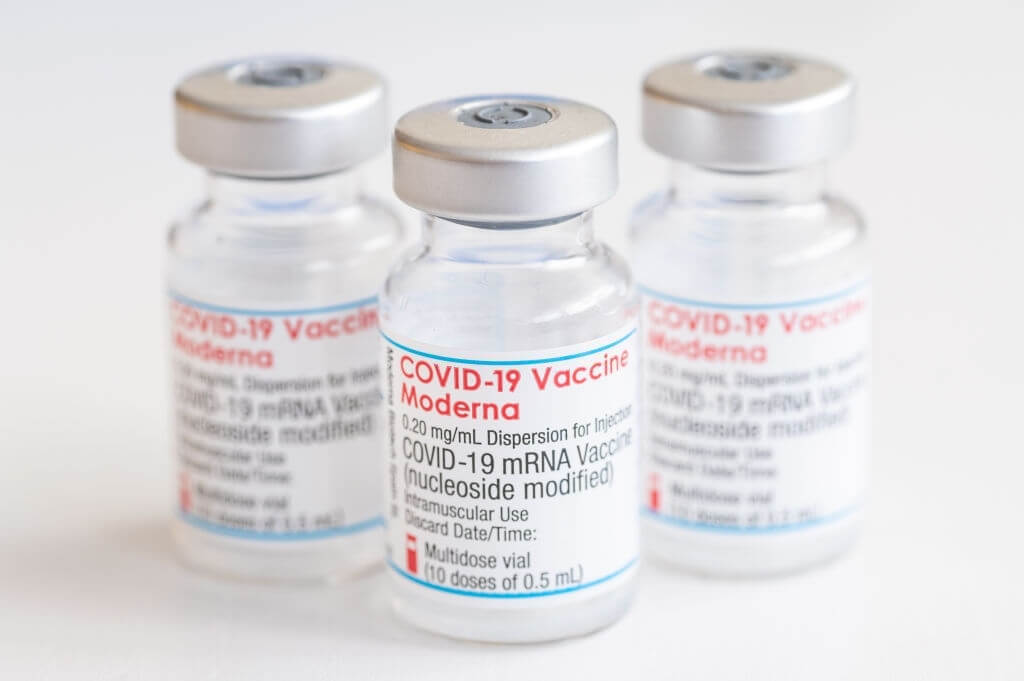The phone calls and emails regarding Covid-19 boosters have already begun to arrive at Dr. William Schaffner’s medical facility in Nashville, Tennessee, and are expected to continue to increase. A new round of vaccination recommendations was issued last week by the United States Food and Drug Administration and the Centers for Disease Control and Prevention, recommending an extra dosage for specific immunocompromised individuals who had received the Pfizer/BioNTech or Moderna vaccines.
Then, on Monday, officials from the Biden administration said that they are working on a strategy to suggest that more Americans receive a booster shot around eight months after being wholly vaccinated with either the Moderna or Pfizer vaccines. The issue will be addressed at a Covid-19 meeting at the White House on Wednesday afternoon.
Johnson & Johnson Vaccination Patients Are Advised For mRNA Doses
However, almost 14 million individuals in the United States who were completely vaccinated did not get one of those mRNA vaccinations. They received the single-dose injection from Johnson & Johnson, and they have not been included in the discussion about boosters so far.
The J&J vaccination also seems to offer sufficient protection against the Delta variation of the virus, which appears to be the main strain of the virus causing illness in the United States at the time of this writing. In July, Johnson & Johnson said that a second or booster dosage of their vaccine would not be required at that time.

Many vaccinations need more than one dose to give complete protection against disease. Some vaccinations, such as a tetanus injection, need a booster dose every 10 years because immunity diminishes with time. Others, such as the flu vaccine, must be given on a yearly basis since each flu season brings with it new strains of the virus. With Covid-19, scientists are still trying to figure out how long the vaccine’s protection will last and how it will react to various strains of the virus. All of this will have to be established via further investigation.
More information on mRNA vaccines is becoming available. Pfizer said on Monday that it had submitted preliminary evidence to the Food and Drug Administration (FDA) to support the use of boosters. Earlier this week, Moderna said that it is still in the process of providing its data.
The Johnson & Johnson vaccine operates somewhat differently from the mRNA vaccines, which make use of a newer technique that transfers genetic information directly into cells through lipid particles rather than via antibodies. The Janssen vaccine developed by Johnson & Johnson utilizes a viral vector, which is a common cold virus that has been genetically modified to infect cells but not reproduce or spread in the body.
This virus infects and infects cells by delivering genetic instructions to them and training them to recognize and defend themselves against the coronavirus.
In February, it received its emergency usage permission a couple of months later after submitting an application. It’s also unclear if individuals who have already received J&J’s vaccination but need a booster would benefit more from receiving an extra J&J vaccine or whether they should get a different vaccine type.
Currently, the official position of the Centers for Disease Control and Prevention is that individuals should stay with the vaccination they received initially. It claims that there is insufficient evidence to determine if mixing and matching are effective and safe. For individuals who had a first dosage of the AstraZeneca vaccine, health authorities in Germany advised that they get an mRNA vaccination for their second dose.
Early investigations revealed that the combination elicited a powerful immunological response. Following her first dosage of the AstraZeneca vaccine in June, German Chancellor Angela Merkel became the first person to get the Moderna vaccination.